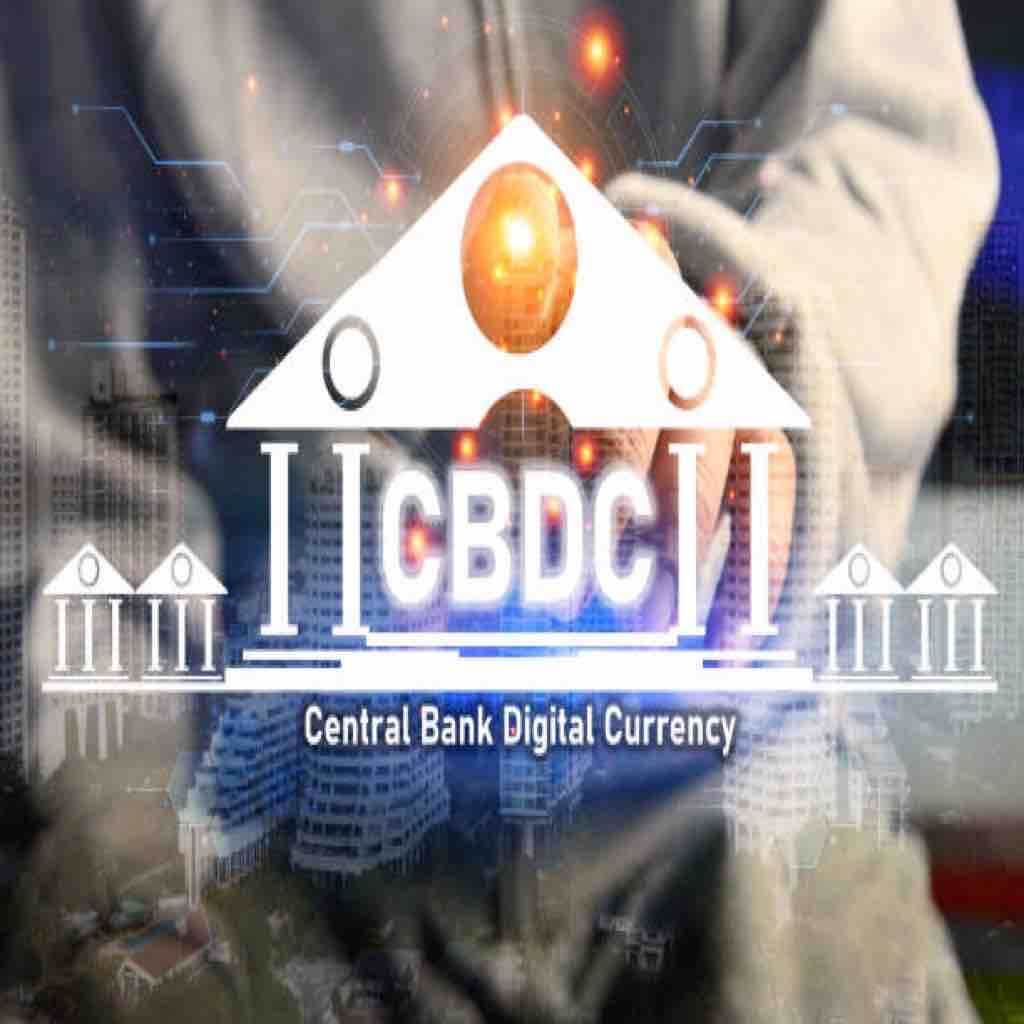Proponents of a digital euro, a central bank digital currency (CBDC) for the European Union (EU), are encountering unexpected political opposition that presents a unique challenge. Unlike the typical technical and economic debates surrounding CBDCs, this opposition is grounded in concerns over privacy, government control, and even conspiracy theories. As central bankers work to promote the advantages of a digital euro, they must also navigate this intricate political landscape.
Digital euro faces political scrutiny
EU officials have put forth several arguments in favor of a digital euro. They emphasize its usability across the EU, superior privacy compared to other digital payment methods, and the importance of safeguarding Europe’s independence from foreign payment providers. However, this narrative is now clashing with a wave of political resistance that goes beyond reasonable privacy concerns. Opponents of CBDCs, both in the EU and across the Atlantic in the United States, have portrayed state-backed digital currencies as tools of surveillance and social control.
Prominent figures, such as U.S. presidential hopefuls Robert F. Kennedy Junior and Ron DeSantis, have voiced these concerns. In the EU, lawmakers like Marcel de Graaff from the Netherlands have suggested that a digital euro could be used to limit purchases, coerce citizens, or even establish a social credit system. This shift towards political opposition challenges central banks, which are accustomed to engaging in technical and economic arguments. Defending the CBDC becomes more complex when facing sweeping attacks that portray it as part of a broader conspiracy to control citizens’ lives.
Belgian Central Bank Governor Pierre Wunsch acknowledges the challenge and notes that for some opponents, the creation of a digital currency is seen as part of a broader plot to exert control, alongside other societal movements like “wokeism” and environmental agendas. He mentioned that it is quite clear that it is not only a purely rational debate. He also emphasized the need to clarify that a digital euro is not about controlling citizens’ lives, a fact that should be self-evident but may require reinforcement. Austrian Central Bank Governor Robert Holzmann points out another challenge – the lack of a compelling narrative for the digital euro.
Holzmann emphasizes the importance of presenting a convincing storyline to the public, one that underscores the role of money as a public good and the necessity for the European bloc to maintain monetary sovereignty amid threats from private operators and other countries. Addressing these concerns might be more straightforward if people understood that there’s no concurrent effort to eliminate physical cash. However, officials must also engage with the technical aspects of the proposed digital euro to alleviate concerns.
Crafting a compelling narrative and building trust
Evelien Witlox, program manager for the digital euro at the European Central Bank (ECB), acknowledges the concerns within the culture war and expresses the desire to address them. She emphasizes features of the digital euro system that would prevent the ECB from tracking data to individuals or programming the currency to restrict spending, highlighting the commitment to privacy and freedom of use. “The next step is how can we convince people that we are telling the truth,” Witlox said.
She suggests that maintaining an ongoing dialogue with the public and reinforcing the veracity of their statements are crucial in building trust. Ultimately, central bank officials, who are typically economists rather than marketing experts, recognize that technical answers alone may not suffice. Erik Luts, Chief Innovation Officer at Belgian bank KBC, underscores the significance of trust in the success of CBDCs. Building trust requires proponents not only to argue over technical details but to genuinely convince the public of their honest motives.
It is essential to understand that skeptics of CBDCs are not limited to fringe groups; they represent a mainstream movement with genuine concerns about government overreach. The skepticism surrounding CBDCs, coupled with the political opposition in the EU, has prompted calls for a cautious approach to the legislation that will determine privacy controls for the digital euro. Policymakers recognize the need to slow down and ensure a comprehensive understanding of the implications before proceeding.
Mairead McGuinness suggests that there’s no rush to complete this legislation and that slowing down is a prudent approach. She hints that it might be best to wait until at least November 2024, involving a new parliament and commission. The political challenges faced by proponents of a digital euro highlight the intricate nature of introducing CBDCs. While technical and economic arguments are vital, addressing privacy concerns, building trust, and crafting a convincing narrative are equally crucial in securing public support for this significant financial innovation. The evolving landscape of digital currencies will undoubtedly continue to shape the future of central banking in Europe.




